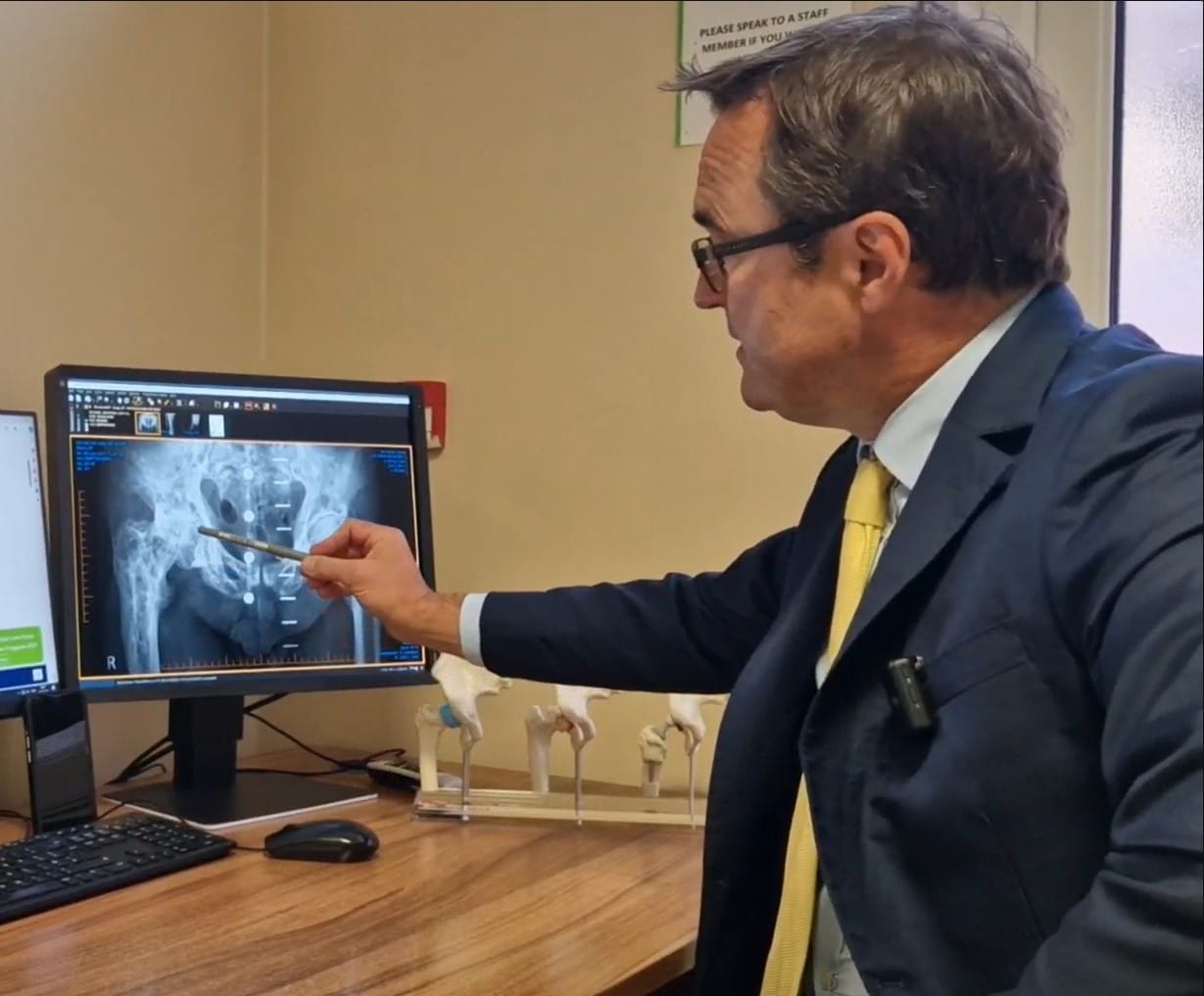Tingling, aching hands, particularly at night, could be a sign of carpal tunnel syndrome. It can be a debilitating problem there are a number of options for treatment.
What is carpal tunnel syndrome?
Carpal tunnel syndrome is a condition in which a nerve on the front of your wrist becomes compressed. The nerve is called the median nerve and provides sensation to your thumb, index finger, middle finger and half of your ring finger. It also supplies some of the small ‘fine tuning’ muscles in your hand itself.
carpal tunnel syndrome symptoms
Symptoms of carpal tunnel syndrome usually come on gradually over time but sometimes start very quickly and progress rapidly. They often include an intermittent feeling of ‘pins and needles’ in some, or all, the fingers supplied by the nerve. This is often worse at night but during the day it can be set off by activities such as driving, reading a newspaper or holding a phone to your ear. Some patients get pain on the front of their forearm which can at times be very unpleasant. Later on the hand can feel weak and uncoordinated and some people find it difficult to perform fine tasks such as doing up buttons. One or both hands can be affected but often one side is worse than the other.
Who gets it?
Carpal tunnel syndrome is a common problem that affects women more frequently than men – as many as five in every 100 women may suffer from it during their lifetime. Events such as pregnancy and menopause can bring on the symptoms. You are slightly more likely to get the problem if a close family member suffers from it too. People with certain medical conditions such as diabetes, rheumatoid arthritis and an under active thyroid are also prone to it. Usually, however there is no obvious cause for the condition.
Diagnosing carpal tunnel syndrome
The diagnosis is made by listening to your symptoms and examining you to see if there is any evidence of pressure on the nerve. There are other conditions that can give you tingling in your hands and these might need to be excluded as a cause of your symptoms. Other investigations might be useful if this is thought to be a possibility.
Treating Carpal Tunnel Syndrome
Sometimes the symptoms will clear up by themselves – carpal tunnel syndrome during pregnancy for example usually gets better within a few weeks of the baby being born.
More persistent cases might be solved with medical treatment. The two interventions that have been shown to be of benefit are; wearing a wrist splint at night and steroid injections, which reduce swelling in the area taking pressure off the nerve. Steroids injected like this do not have the worrying side effects of those taken by mouth which you may have read about.
Surgery is an option for people whose intrusive symptoms don’t respond to non-surgical treatment or for those who start to develop signs of permanent nerve damage at their fingertips.
The operation reliably cures the problem in 95% of people. The procedure only takes about 10 minutes and is nearly always carried out under a local anaesthetic. You don’t need to stay overnight in hospital and can usually go back to work after a couple of weeks – depending on what you do. If you have tried non-surgical treatments to no avail then surgery could be an option for you – ask your GP to refer you to a specialist.
What makes Horder Healthcare unique
Horder Healthcare is committed to providing the very best quality of care for our patients and customers. We are continuously working on improving and reducing risks and this is reflected in our consistently high CQC results, patient satisfaction questionnaires and minimal levels of infection.
We are a charity
We reinvest our profit to benefit more people and help us achieve our aim of advancing health.






